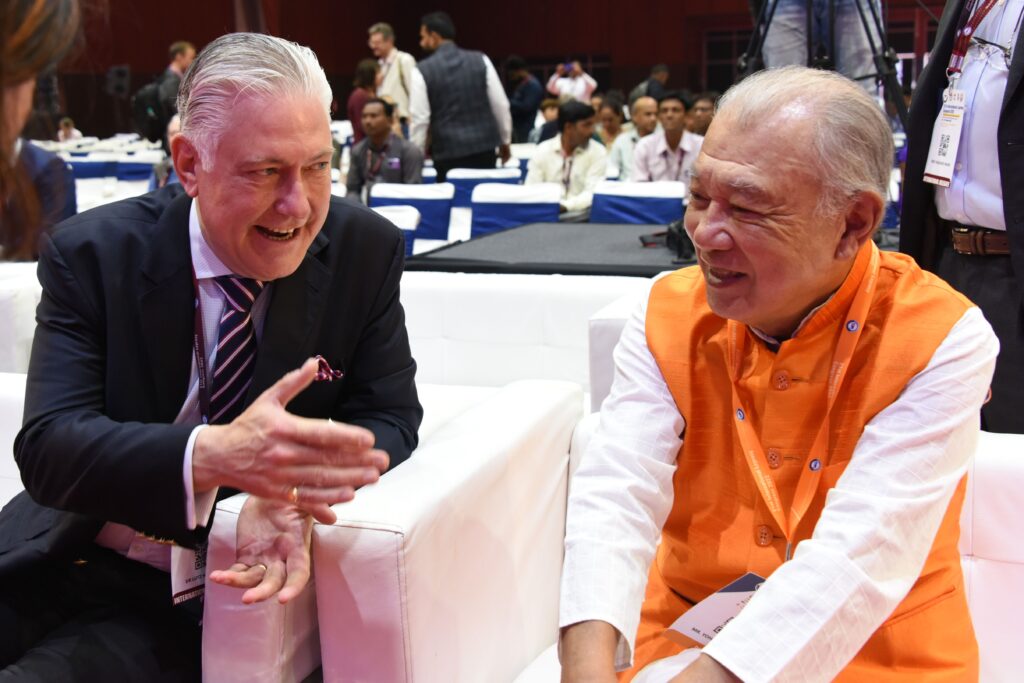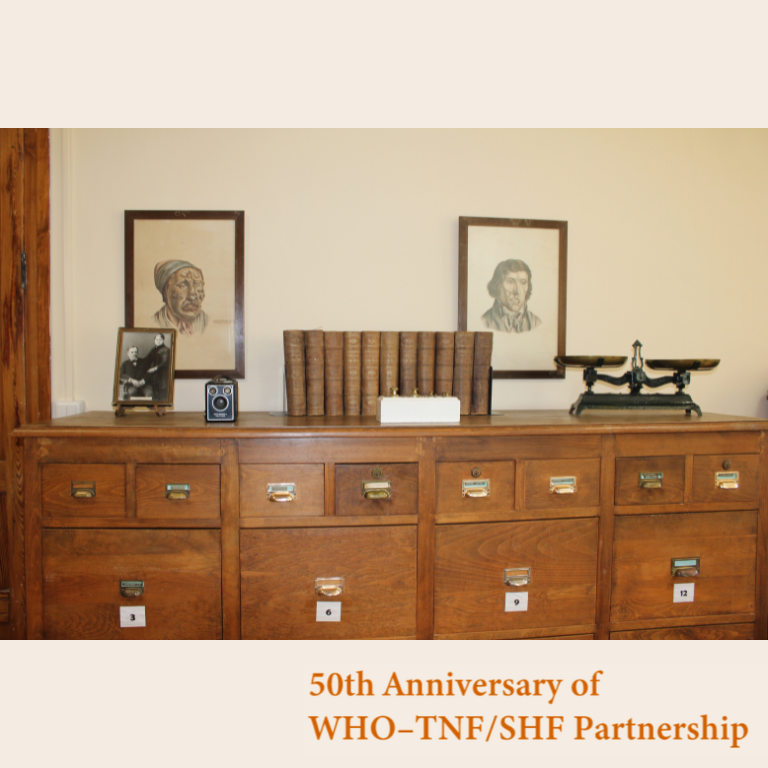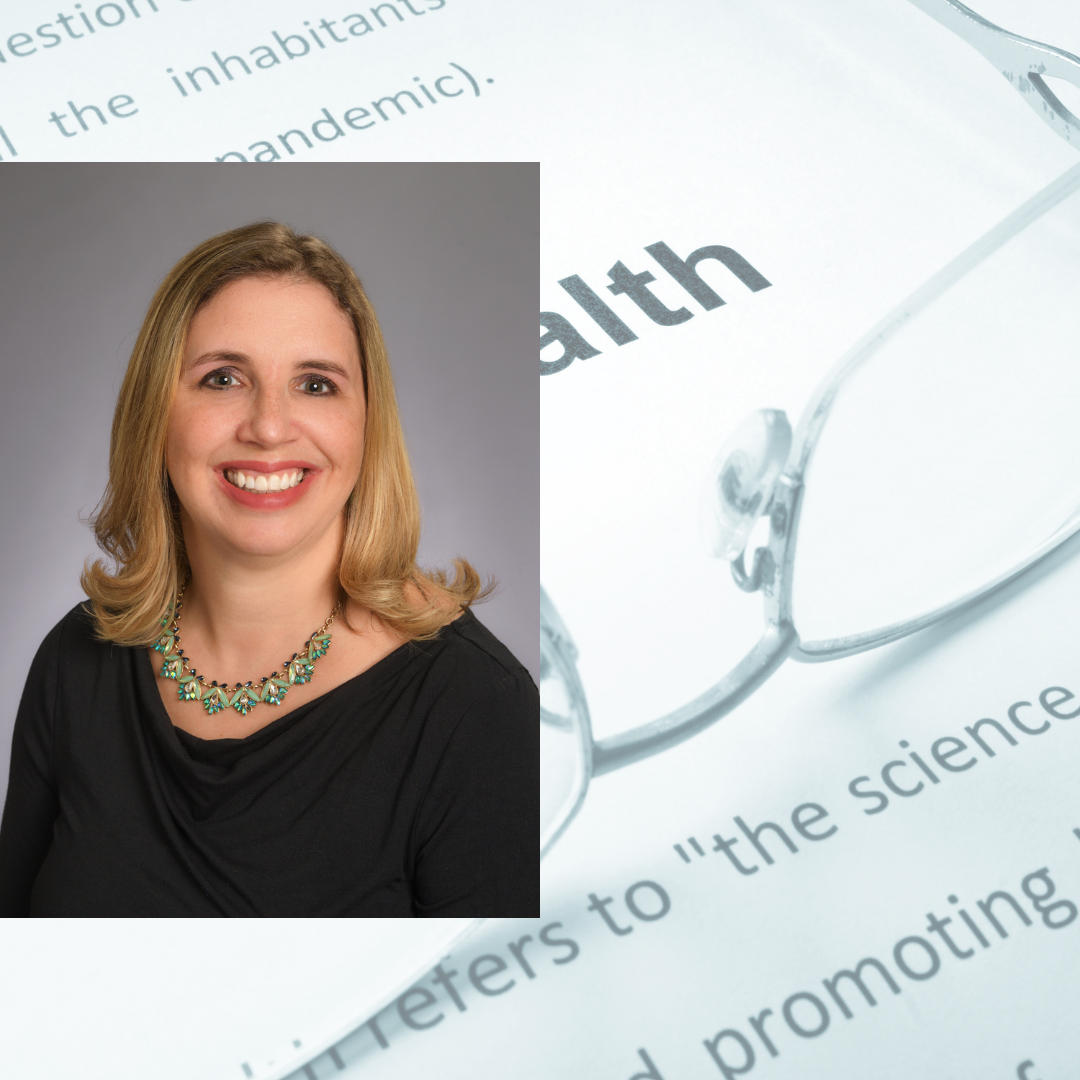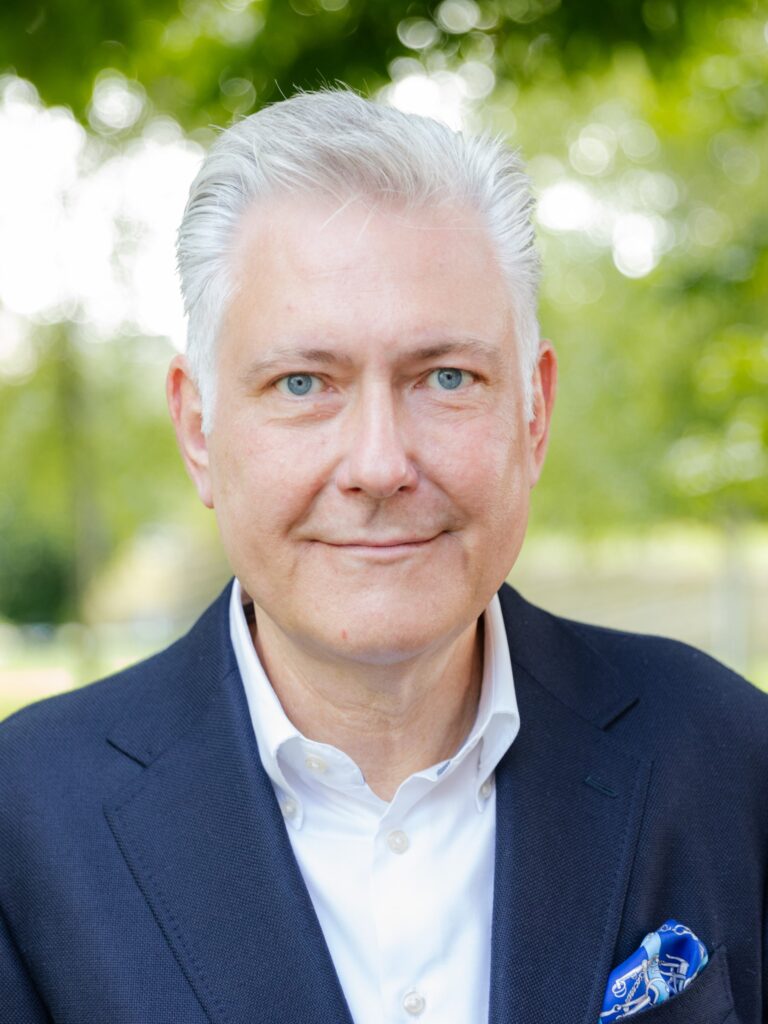
Dr. Lutz Hegemann
President, Global Health & Sustainability
Novartis
The Global Health & Sustainability unit at Novartis focuses on delivering innovation and improving access to medicine in low-resource settings worldwide, while integrating environmental, social, and governance (ESG) principles across the entire Novartis organization.
https://www.novartis.com/esg/global-health
Novartis has been committed to eliminating leprosy for decades, with our multidrug therapy (MDT) as a cornerstone in treating approximately 18 million patients since 1981. Prior to the 1980s, leprosy affected millions of people. However, worldwide introduction of freely available MDT – supported in no small part by The Nippon Foundation (TNF) – marked the start of a massive downward shift in the number of patients. The global MDT donation model funded by TNF and facilitated by the World Health Organization (WHO) from 1995 to 1999 paved the way for Novartis to continue to manufacture and donate MDT in the years that followed, and we continue to donate MDT worldwide via WHO today. Ultimately, the global prevalence of the disease has fallen by over 95% in the past four decades; yet, we have now reached a plateau.
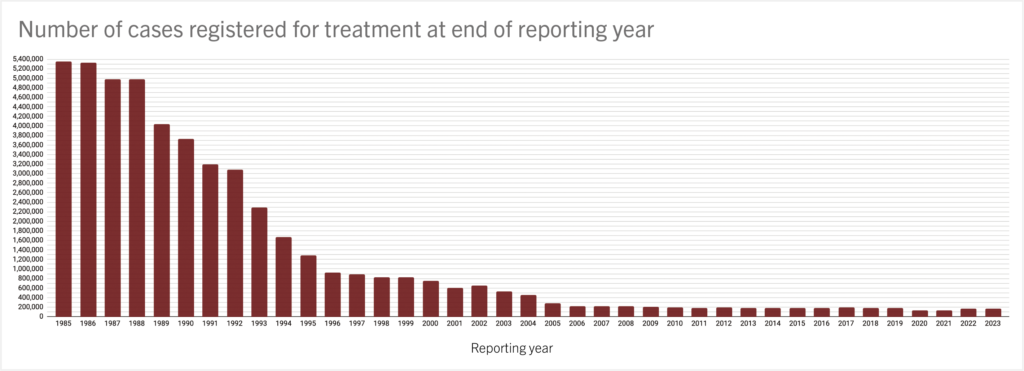
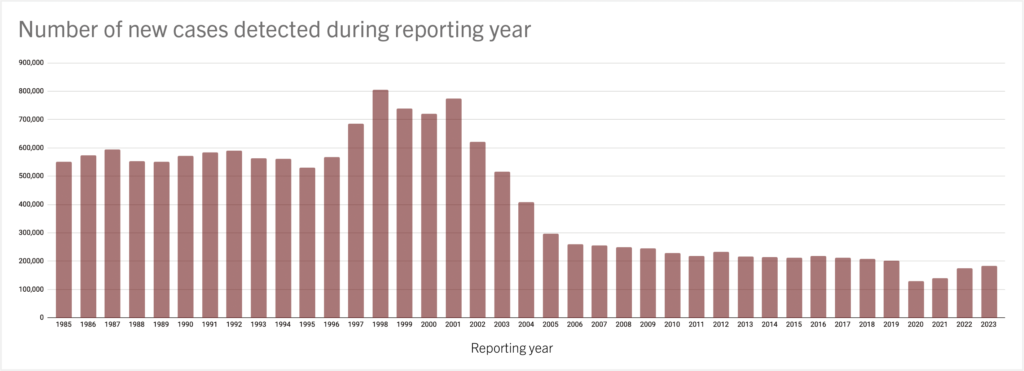
I began my career as a public health physician in India in the late 1980s, treating people with leprosy. Many people are surprised that leprosy still exists, but my personal experience means the fight against the disease is close to my heart. Today, we know how to diagnose the disease, and we have effective treatments, but we need to do a better job of reaching the remaining patients, who often live in remote places. The challenge is to go the last mile to eliminate the disease.
At Novartis, we are committed to leprosy elimination through innovations in access to therapies. Our strategy to support leprosy elimination is built around three guiding principles: access, countries, and partnerships.
Access
Novartis is focused on optimizing access to MDT, while paving the way to use single dose rifampicin (SDR) as a post-exposure prophylaxis (PEP). The evidence for using SDR as a prophylaxis came from the Novartis Foundation Leprosy Post-Exposure Prophylaxis (LPEP) program, which drove the inclusion of this intervention in the WHO Guidelines for the Diagnosis, Treatment and Prevention of Leprosy. We are also working with WHO to support the use of NTDeliver, an online platform to monitor and optimize supply chains for medicines for neglected tropical diseases, including MDT for leprosy. Novartis has also expanded its leprosy donation program with WHO by including funding for SDR to interrupt transmission.
Countries
We work with countries to develop customized action plans for leprosy elimination, especially the leprosy-endemic countries where Novartis has a presence. This involves working with the health ministries, NGOs, local communities, and international health agencies. We are also working with the Swiss Tropical and Public Health Institute and the German Leprosy and Tuberculosis Relief Association to launch a project in Tanzania called Morogoro Leprosy Elimination Program (MoLEP). MoLEP seeks to demonstrate the feasibility of interrupting leprosy transmission through comprehensive evidence-based interventions, including SDR-PEP.
Partnerships
Novartis collaborates with global and country partners to work towards leprosy elimination. Alongside the Sasakawa Health Foundation (SHF) and the International Federation of Anti-Leprosy Associations, we are a founding member of the Global Partnership for Zero Leprosy (GPZL). Through GPZL, Novartis funds and provides technical expertise on topics such as diagnostics. We also have a long-standing partnership with WHO, as mentioned above.
Supporting WHO’s Global Leprosy Strategy
The Global Leprosy Strategy set by WHO is built around four pillars:
- Implement integrated, country-owned zero leprosy road maps in all endemic countries;
- Scale up leprosy prevention alongside integrated active case detection;
- Manage leprosy and its complications and prevent new disability; and
- Combat stigma and ensure human rights are respected.
As a pharmaceutical company, Novartis can leverage its long-standing expertise in developing, manufacturing, and supplying medicines to make unique contributions to pillars 1 and 2. SHF’s broader involvement in all four pillars complements our work and ensures that the needs of persons affected by leprosy are being addressed. Novartis and SHF have a collaborative relationship that shows how organizations can cooperate to tackle society’s most pressing issues.
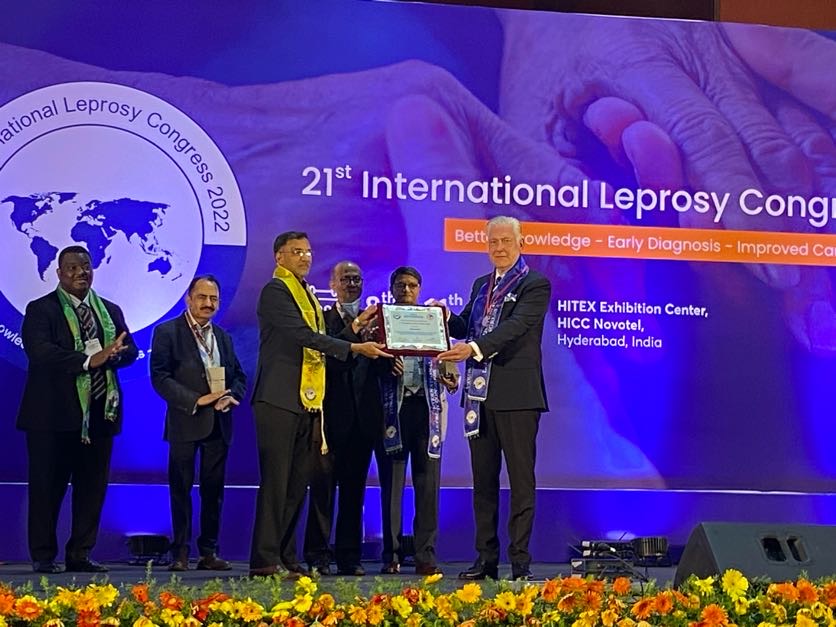
According to WHO, the elimination of leprosy as a public health problem globally (defined as prevalence of less than 1 per 10,000 population) was achieved in 2000. Since then, we have seen control activities decline in most endemic countries. The challenges of leprosy elimination cannot be tackled by individual countries, sectors, or organizations. They can only be addressed through multi-sector partnerships, with shared visions, bringing complementary skills and experience. While partnerships are not always easy to create, they are the only way to create sustainable impact. We are proud to have worked alongside SHF for so many years on such a bold shared ambition as eliminating a disease.
